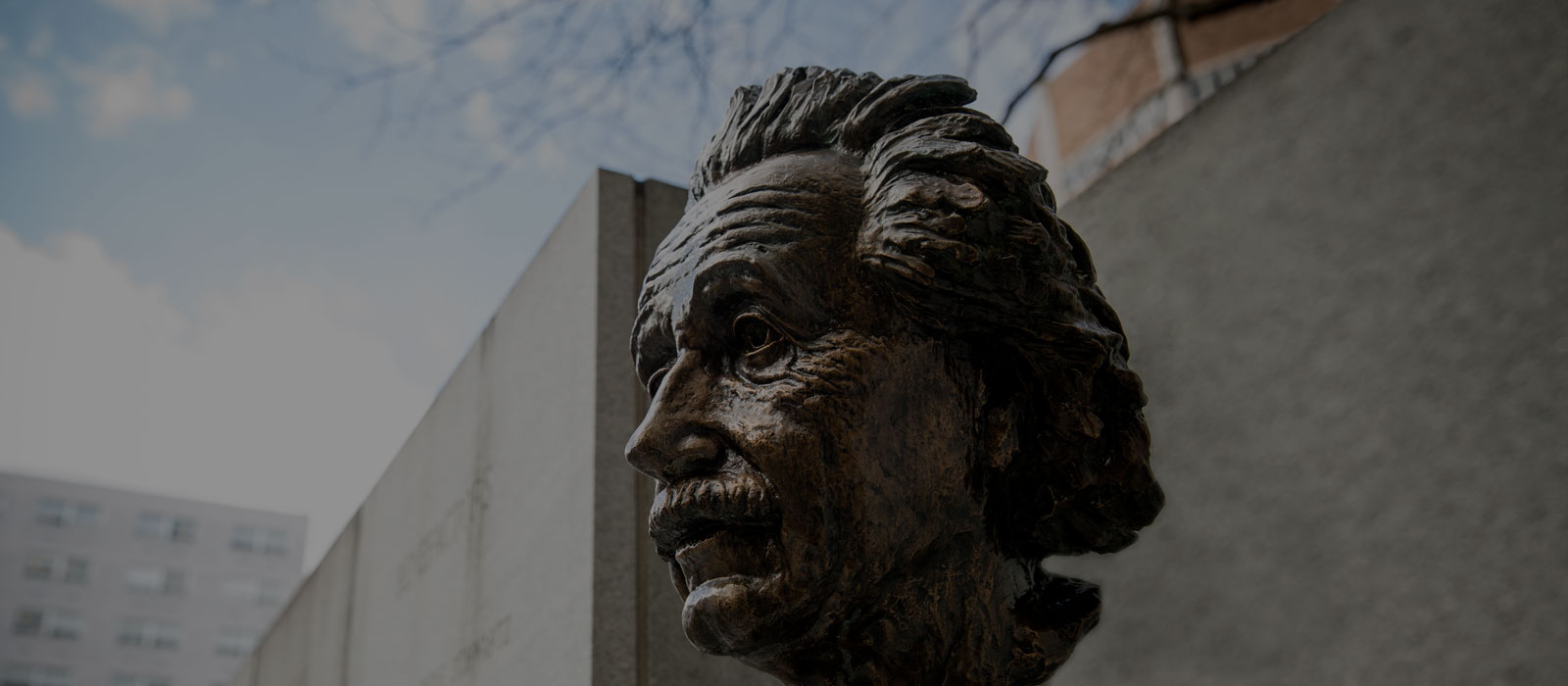Education & Training
-
714
M.D. Students
-
221
Ph.D. Students
-
117
M.D./Ph.D. Students
-
240
Postdoctoral Fellows
-
7
Educational Programs
Research
-
$192M+
NIH Research Funding
-
2,000+
Full-Time Faculty
-
3,211
Published Papers
-
20
Research Centers
-
36
Global Initiatives
Events

Monday, June 16 from 09:00am - 05:00pm
Forchheimer Medical Science Building - Education Center/Lower Level
Monday, June 16 from 01:00pm - 02:00pm
Price Center/Block Research Pavillion - Lefrak Auditorium (Room 151)
https://einsteinmed.zoom.us/j/96361729313












